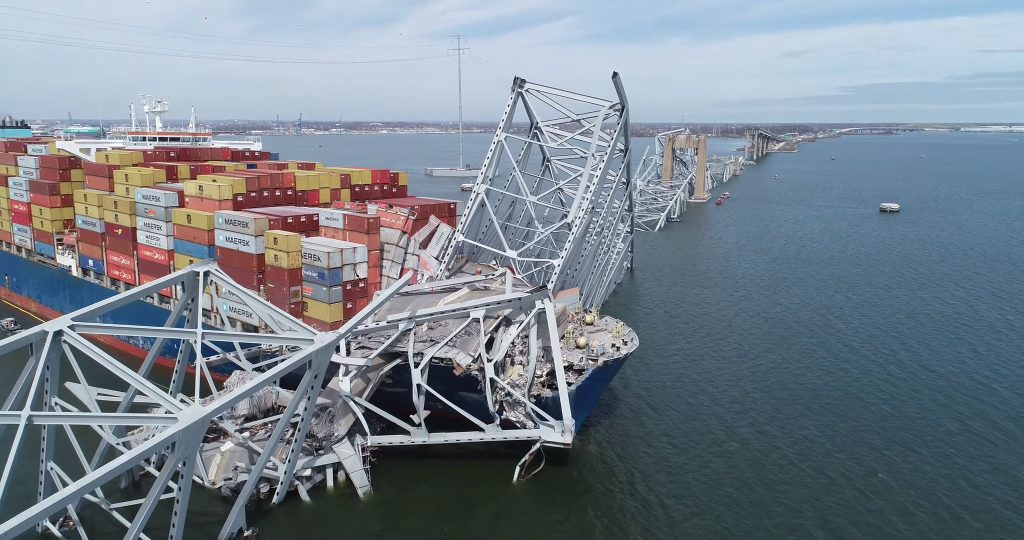In the aftermath of the Francis Scott Key Bridge collapse in Baltimore, Maryland, on March 16, caused by a container ship collision, the Utah Inland Port Authority (UIPA) has evaluated the potential effects on Utah’s logistics and supply chain, projecting minimal impact for the state.

“Our thoughts are with the people of Baltimore during this challenging time,” said Ben Hart, executive director for the Utah Inland Port Authority. “While we are relieved to report that the impact on Utah will be minimal, our hearts go out to all those impacted by this event.”
The collapse has necessitated rerouting ships and could signify delays for the East Coast, but the local impact is minimal for Utah. Out of the approximately 1.1 million cargo units processed annually at the port, less than 100 are destined for Utah. Utah’s primary logistics connections are with California ports and their Northwest Seaport Alliance. The Port continues to watch the impact as cargo is rerouted to other shipping lanes, and the impact on the broader global network. The Port is also hoping for a quick and efficient reopening of the Port, which serves as a major economic engine in the larger D.C. region.
“Despite the minimal impact, we remain vigilant in our monitoring of the situation and are prepared to adapt our strategies to ensure the continued safety and efficiency of our operations.”
The authority will continue to provide updates as needed and work towards enhancing Utah’s logistics and transportation network, prioritizing safety and efficiency for the benefit of the state’s economy and residents.

